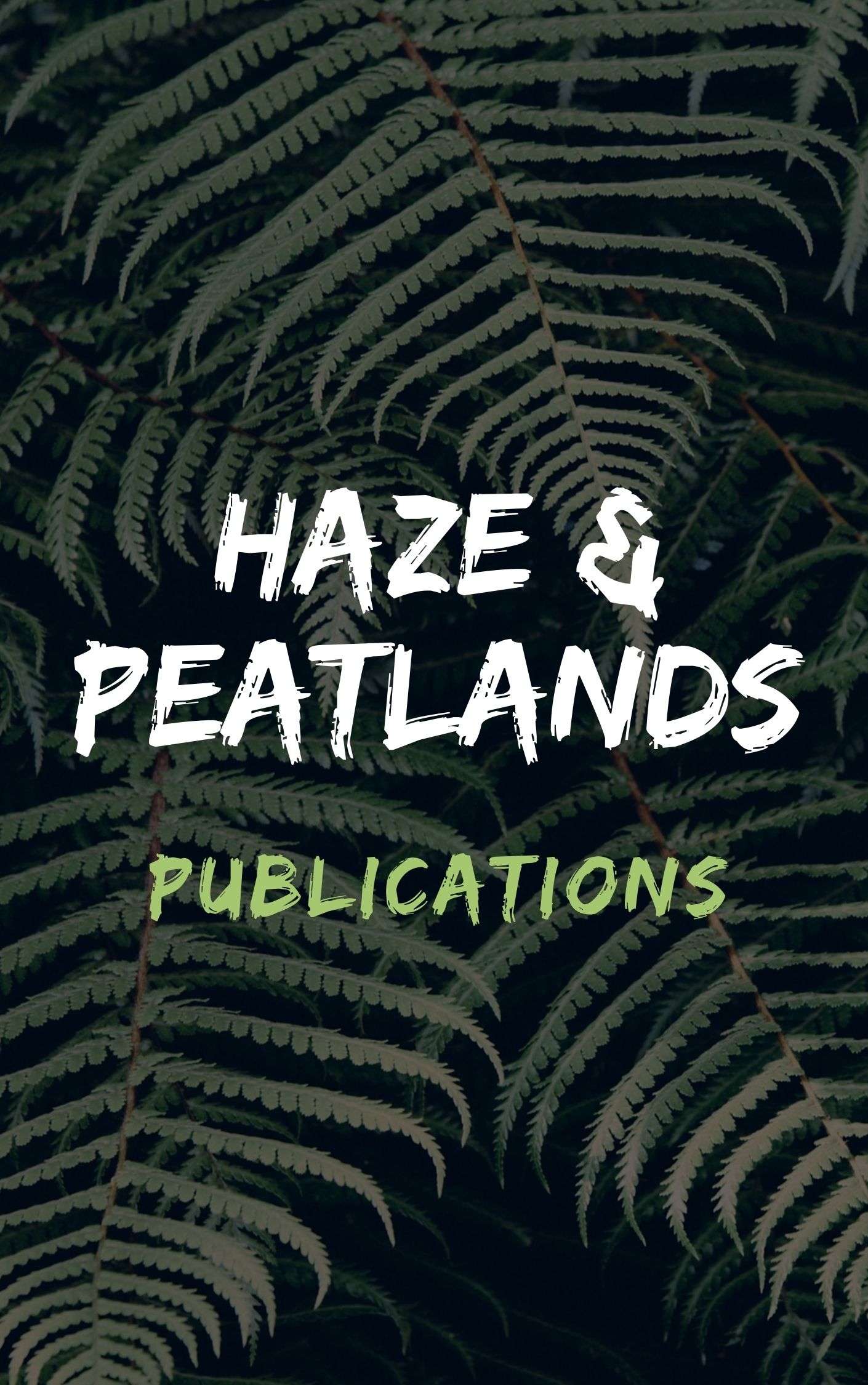Zulaika E, Solikhah F, Utomo MAP, Endah N, Assavalapsakul W. 2022. Cellulose degrading bacteria isolated from Palangkaraya, Central Kalimantan, Indonesia as peat fiber decomposer to accelerate peat soil compression. Biodiversitas 23: 1648-1654. Peat soil was established from incomplete weathered plants. It delays the process of soil compression. The main components of peat soil are fibers which made of cellulose and lignin that can be enzymatically degraded by cellulolignolytic bacteria. The objective of this study was to isolate indigenous lignocellulolytic bacteria from peat soil that perform peat fiber degradation to accelerate soil compression process. A bacteria screening test was carried out on carboxymethyl cellulose (CMC) media and bacteria identification using 16S rRNA gene markers. Peat fiber decomposition test based on biomass loss, decomposition results were visualized using scanning electron microscopy (SEM) and analyzed using Fourier Transform Infrared (FTIR). The results of screening and identification obtained 5 bacterial species, namely Pseudomonas taiwanensis U3 and Bacillus cereus D1, D3, U2, U4. After six weeks of incubation, P. taiwanensis U3 showed the highest cellulase activity than other isolates with 90% decomposition ability of peat fibers. The results of the decomposition of peat fibers with the addition of isolates visualized smaller pore sizes than control. Stretching occurs in the aromatic group of the C-O ester bond, the C≡C structure of the alkyne group, and the O-H of the alcohol. All obtained bacteria isolates were still viable after six weeks of incubation with 104 CFU g-1 dry weight of fiber. The present investigation deals with isolating indigenous lignocellulolytic bacteria from peat soil that perform peat fiber degradation to accelerate the soil compression process. Our findings are also the first publication that reported P. taiwanensis cellulolytic potential.
View source

